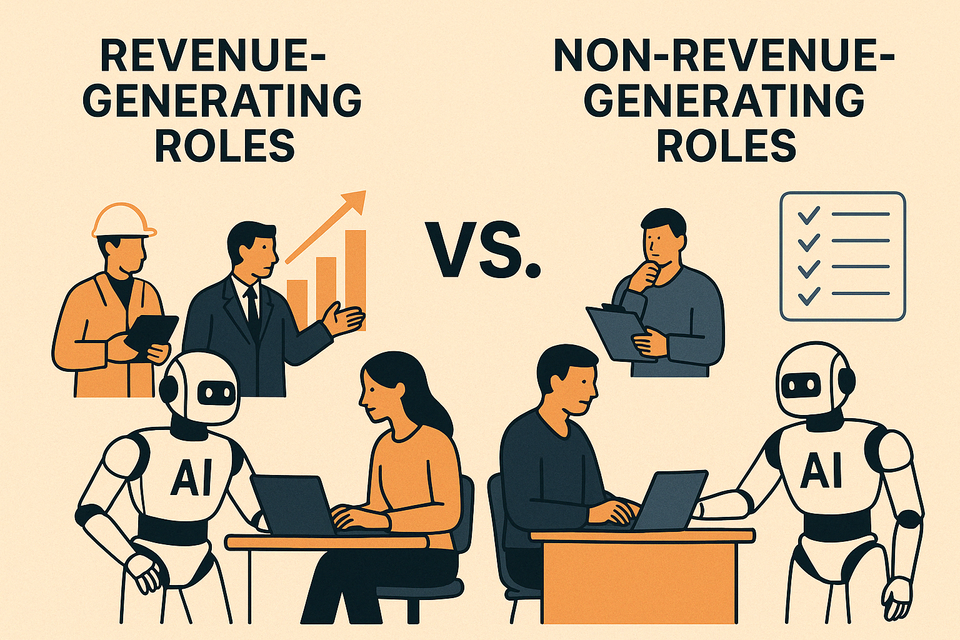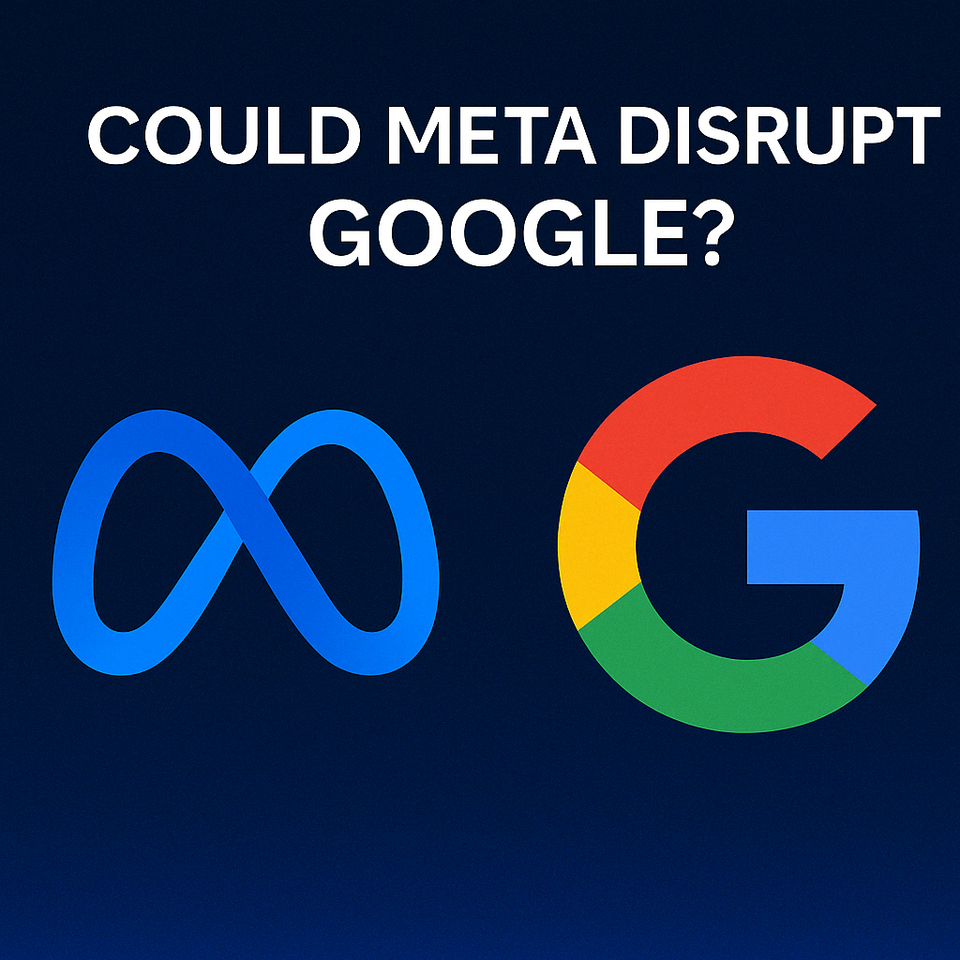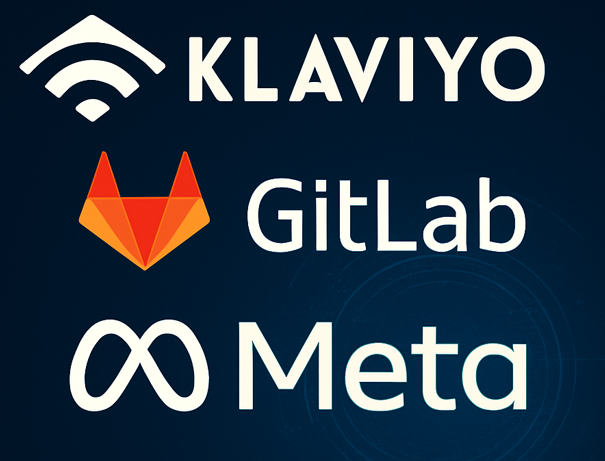Notes: Meta - Controlling The Value Chain And Open-Core

Summary
- Our latest research on Meta has been divided into two Updates and one Notes report (this one). Updates (Pt.2) will be published in a few days.
- Controlling LLM technology is crucial for META's adtech dominance, enhancing ROAS, user engagement, and future AI-driven products like chatbots and recommendation systems.
- META's approach synthesizes lessons from past initiatives, focusing on ecosystem-building and long-term tech infrastructure investments, akin to Google's Android Open Source Project.
- In Updates (Pt.2) we will discuss Llama monetization possibilities in more detail, as Meta will be forced to eventually consider more direct monetization strategies once training costs reach $100bn.
Controlling the Value Chain and Open-Core
META's stronghold in the OS model appears secure, poised for further consolidation. However, as we scale by greater OOMs (orders of magnitude), even industry giants will struggle with training cluster costs. While hyperscalers can currently manage $1-10bn investments due to robust balance sheets and cash flows, scaling to $100bn requires either exceptional investor persuasion or substantial revenue justification. Present AI capex is rationalized by its strategic future importance, but immediate financial returns are underwhelming. Even MSFT's case shows limited direct impact - a $1bn ARR increase. However, MSFT benefits indirectly as GPT-4 access drives AWS-exclusive customers to Azure, boosting non-AI products and expanding Azure's customer base by a third.
META's approach is more nuanced. Unlike MSFT's Azure, META doesn't directly profit from enterprise tech products or GenAI-powered offerings. Instead, META aims to position Llama similarly to its OCP (Open Compute Project), which has become the server industry's de facto standard. Leveraging years of open-source experience, from AI research to enterprise tech components like Apache Presto, META doesn't seek direct monetization from Llama. This strategy, rooted in META's consumer-oriented DNA, avoids GOOGL's enterprise missteps. Zuckerberg argues that open-sourcing benefits all, including META, by tapping into community innovations. Post-Llama, numerous Llama-based LLMs emerged with improved performance, which META can incorporate in future releases. This community-driven development allows META to benefit from external innovations and tweaks while focusing on core R&D.




